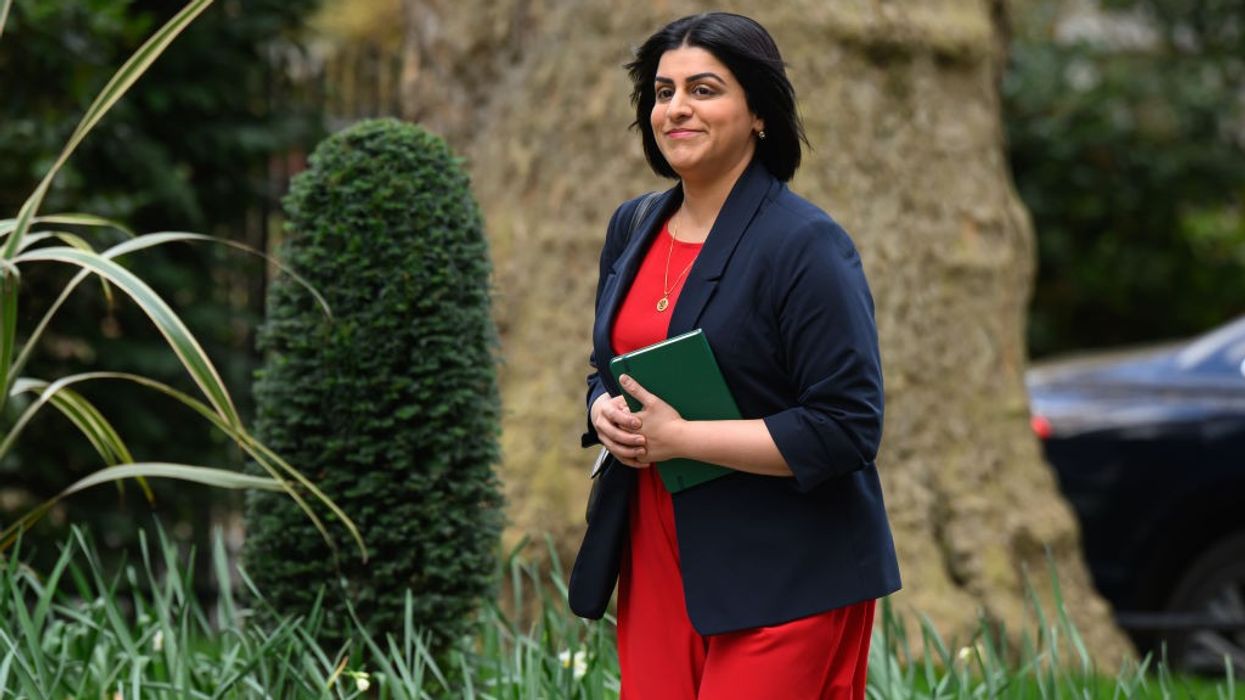HOME SECRETARY Shabana Mahmood has indicated a major overhaul of the pathway to long-term or permanent settlement for legal migrants, proposing that applicants should demonstrate their social value alongside economic contributions.
In one of her first interviews since taking charge of the Home Office, the minister of South Asian heritage told The Sun on Sunday (28) that she is exploring ways to tighten the rules for Indefinite Leave to Remain (ILR) — a route that often leads to British citizenship.
The Labour government has already announced plans to double the current five-year residency requirement before migrants can apply for ILR.
“The pace of migration has been very, very fast. I completely understand why people are concerned,” Mahmood said. “We need legal migration — it’s a good thing. The UK has always welcomed those who want to work here. But beyond living and working, we must also ensure that people contribute to wider society and their local communities.”
She added that her department is looking at how to ensure that long-term settlement is linked not only to employment, income, and tax contributions but also to broader civic engagement.
Citing her personal background, Mahmood referenced her parents’ migration to Birmingham during the 1960s and 1970s, stressing that they did more than just earn a living.
“They settled, they contributed to the local community, volunteered, and got involved in local politics,” she said. “They did more than simply work and pay taxes.”
Mahmood believes that introducing a social component to settlement criteria would enhance integration and provide clearer evidence of the positive role migrants play in British society. She has served as the MP for Birmingham Ladywood since 2010 and is the first British Muslim woman to hold the home secretary post.
She also issued a warning about the growing influence of far-right parties such as Reform UK, calling for stricter immigration controls in response.
Reiterating an earlier pledge, Mahmood confirmed that the UK could cut visas to countries that refuse to take back foreign offenders and illegal migrants.
“That’s absolutely a route I’m willing to take — it’s fair. I’ll take a hard-nosed approach in our dealings with such countries. They should take their citizens back,” she said.
The interview coincides with the opening of the Labour party’s annual conference in Liverpool.
The Labour government, elected in a landslide in July 2024, has now been in office for over a year.
(PTI)





